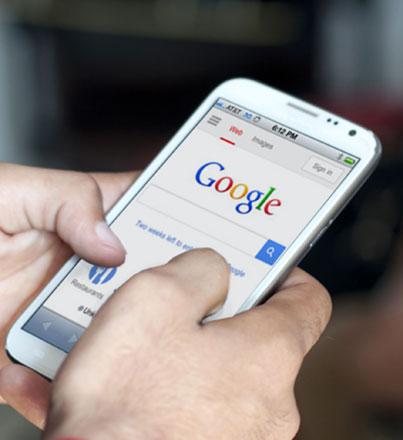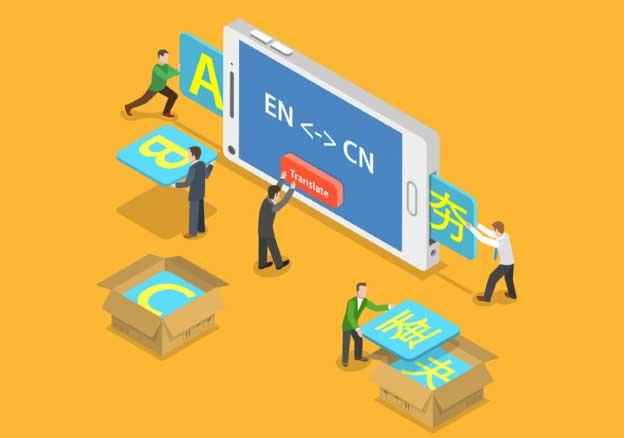You are here
Knowledge, as we used to know it
By Jean-Claude Elias - Jul 08,2020 - Last updated at Jul 08,2020

Photo courtesy of geomarketing.com
What are we going to do, now that the extraordinary combination of Internet, computers and Artificial Intelligence (AI) is performing an incredible number of tasks for us? What is really left for a person to do?
When it comes to straightforward information Google Search doesn’t only know everything, it also makes the information available for us in a split second. The young generation has long stopped memorising who the 35th president of the USA was, what the name of the highest mountain on Earth is, when the Ottoman Empire rule ended in the Middle East, or what movie got the highest number of Oscars in the history of cinema.
If you want to drive to a distant place where you have never been before, Google Maps, the best GPS of them all, is here for you. Just say where you want to go to the app on your smartphone, and it will not only get you there, giving you precise directions, it will also tell you how long it will take you to get there, taking distance and actual traffic into consideration. In some cases it also warns you when a police speed radar is within detection range!
Listening to a song that you can’t remember the name of? Who needs memory when Shazam is here? Just start the app (yes, a mobile app again, what else?), and let it listen to the sound. In the overwhelming number of cases it will recognise the song and will display its title in a few seconds.
Want to have a text translated automatically, by a machine? Try DeepL, a new online translator using a huge knowledge base combined with elements of AI. Whereas it will not entirely replace a translation done by an experienced, skilled human translator, DeepL can produce results that are very close to that. It is superior to most known online automatic translating engines, and will provide a decent and usable translation in many a situation.
For the time being the available languages are English, French, German, Spanish, Portuguese, Italian, Dutch, Polish, Russian, Japanese and Chinese. It is just too bad that Arabic is not included yet. It is probably because DeepL is a rather new player in the game.
Text-to-speech functionality and its opposite, speech recognition that turns the words you speak into text, have also come a long way since the 1990s. Again, we are still a bit far there from refined human work, but the sound is not as robotic as it used to be, and is even pleasant. I use the text-to-speech service very frequently in my work with MS-Word and MS-Excel – it helps me do proofreading (of this very article for example), and check long lists of numbers.
After a few orders, online shopping sites usually end up knowing your taste and habits, and can help you optimise the experience. On another front, the latest crop of surveillance cameras are able not just to recognise you, but can “process you” almost instantly and can tell if you have fever, or are wanted by the law, or… All this thanks to AI and software applications.
I am not mentioning Alexa, Cortana, Siri and Bixby. Certainly, these digital assistants created by Amazon, Microsoft, Apple and Samsung, respectively, can be helpful and fun to use, but at the same time, their imperfections and sometime idiosyncratic attitude still have not made them good enough for wide usage, in my honest opinion (or IMHO as WhatsAppers like to put it).
The same is true about Google Assistant that I find to be somewhat whimsical. When I’m driving in my car and I ask it out loud to “call my friend Omar”, through the Bluetooth audio system, it fails to comply about fifty per cent of the time, for no apparent reason. Again, not good enough.
The existential question, therefore, is not about how much advanced high tech can do for us at this stage on a day-to-day basis, or how much it will improve over time, this all goes without saying. It is rather about the gradual disappearance of general knowledge, of skills, of our ability to memorise information. More dramatically: will the main, the most essential job in the future be designing and writing software, as technology scholars predicted it as early as in the 1970s?
Related Articles
There are the glittering topics and then there are the more down-to-earth but oh-so-useful ones.The casual conversation about IT that two pe
Putting to good use the power of computers, artificial intelligence (AI), neural networks and the various digital tools available, to do lan
You probably use Google Translate online service or mobile application every now and then.















